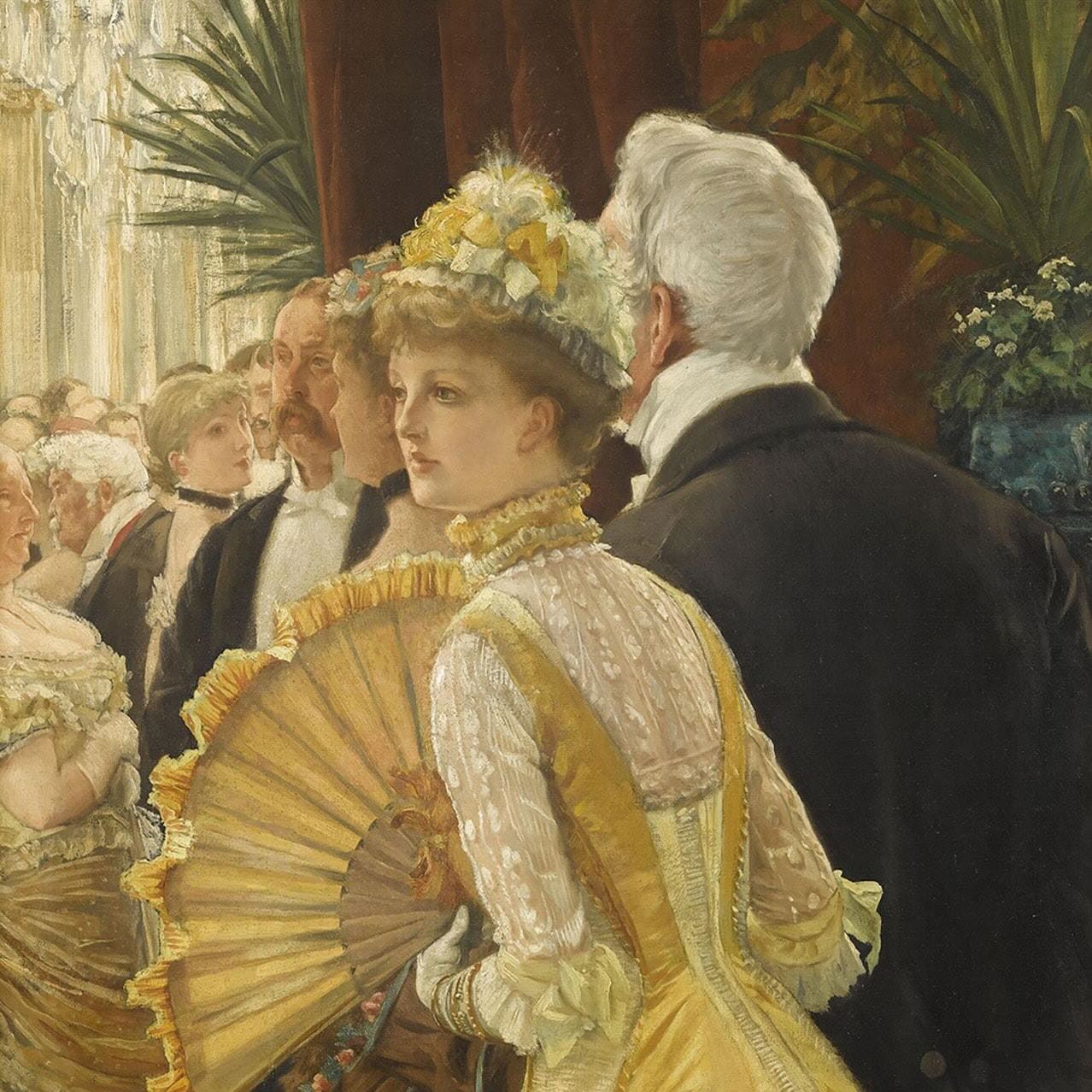
Bel-Ami
Guy de Maupassant
Year
1885
1642
1484
1167
1002
943
929
833
928
1247
1500
2155
1032
1129
817
854
976
1262
1298
774
1380
1049
1031
1076
1144
1167
Description
"Bel-Ami" is Guy de Maupassant's scathing critique of social climbing and the quest for wealth and status in late 19th-century Paris. The novel follows Georges Duroy, originally a penniless ex-soldier, as he ascends to the top of Parisian high society through manipulations, betrayals, and the exploitation of influential mistresses. Duroy, christened 'Bel-Ami' by his female admirers, uses his wit, charm, and unscrupulousness as tools in his ambitious pursuit, revealing the corrupt underbelly of elite Parisian circles. Maupassant crafts a world where journalism, politics, and business intermingle with love affairs to expose the moral failings of society. The narrative not only unfolds Duroy's cunning ventures but also provides a window into the journalistic circles influencing French politics and public opinion at the time, making a commentary on the power of the press and its capacity for manipulation. Through sharp, ironic prose and rich character development, "Bel-Ami" critiques the mores of the Belle Époque era, exploring themes of moral ambiguity, the abuse of power, and societal decadence. Maupassant's vivid portrayal of Paris, combined with his cynical examination of human nature and social ladders, ensures the novel's place as a critical and engaging classic of French literature. Step into the glamorous yet morally ambiguous world of "Bel-Ami," and witness the machinations of a man who embodies the seductive, destructive forces of ambition. This novel not only entertains but also serves as a mirror to the timeless dynamics of power and corruption.
